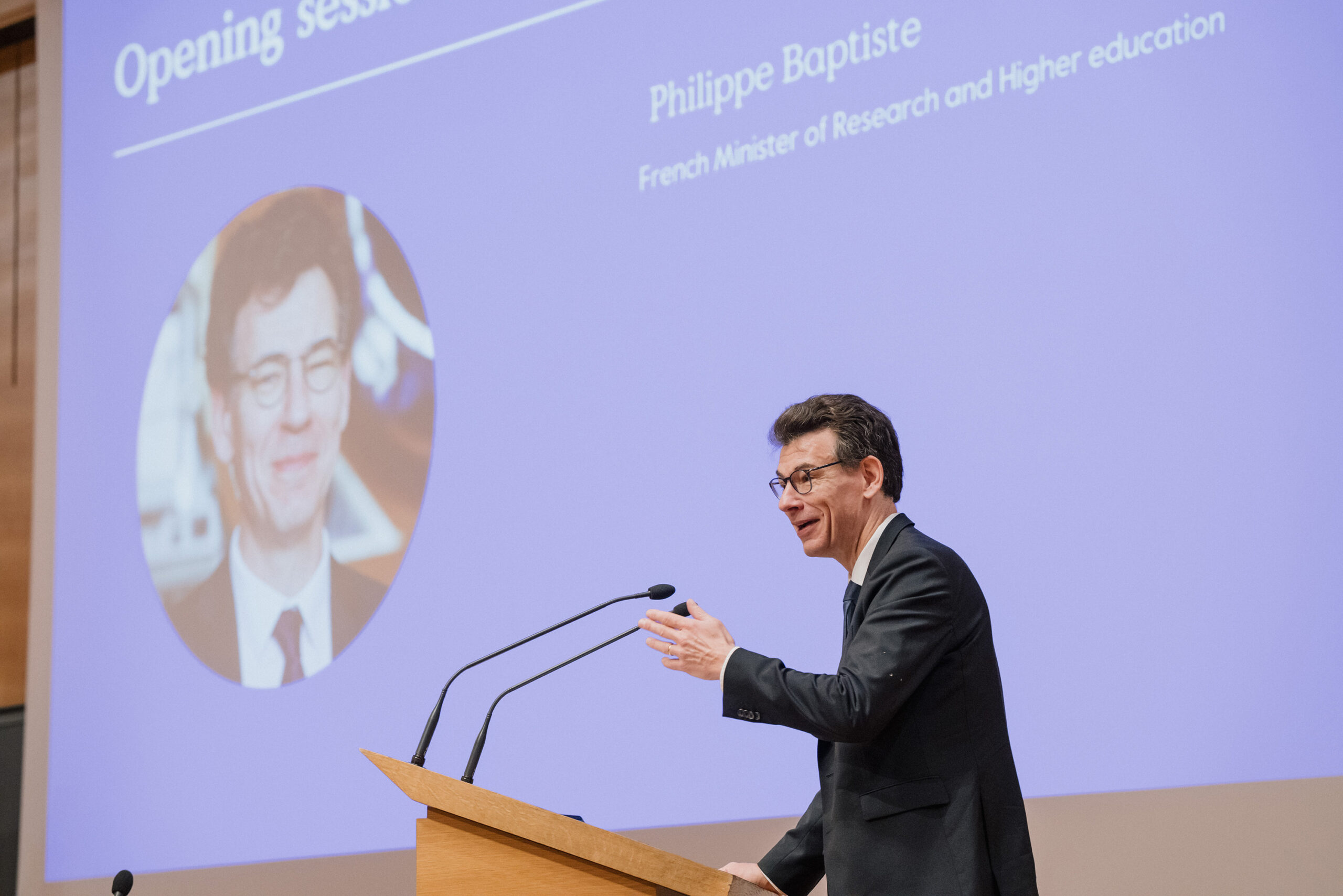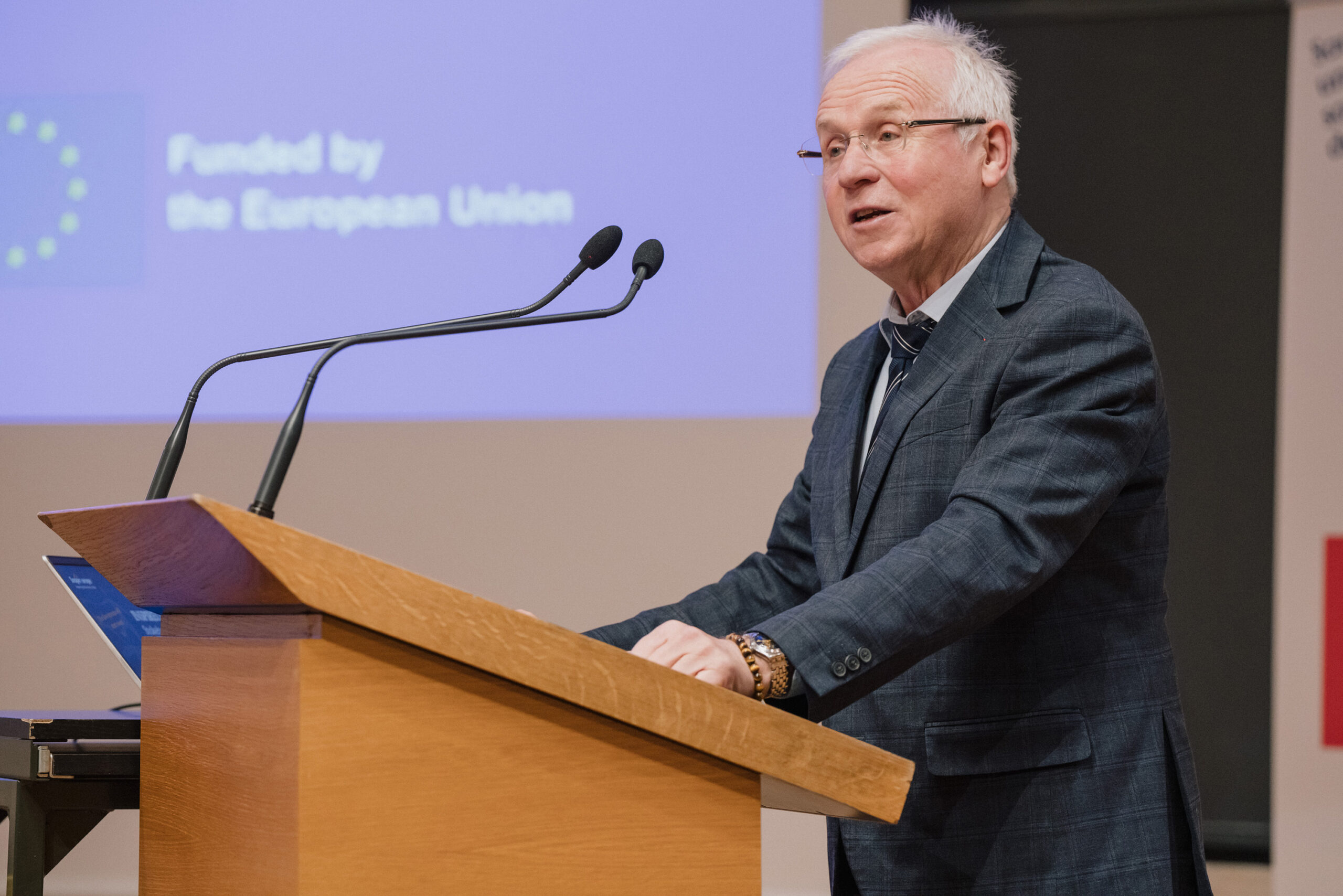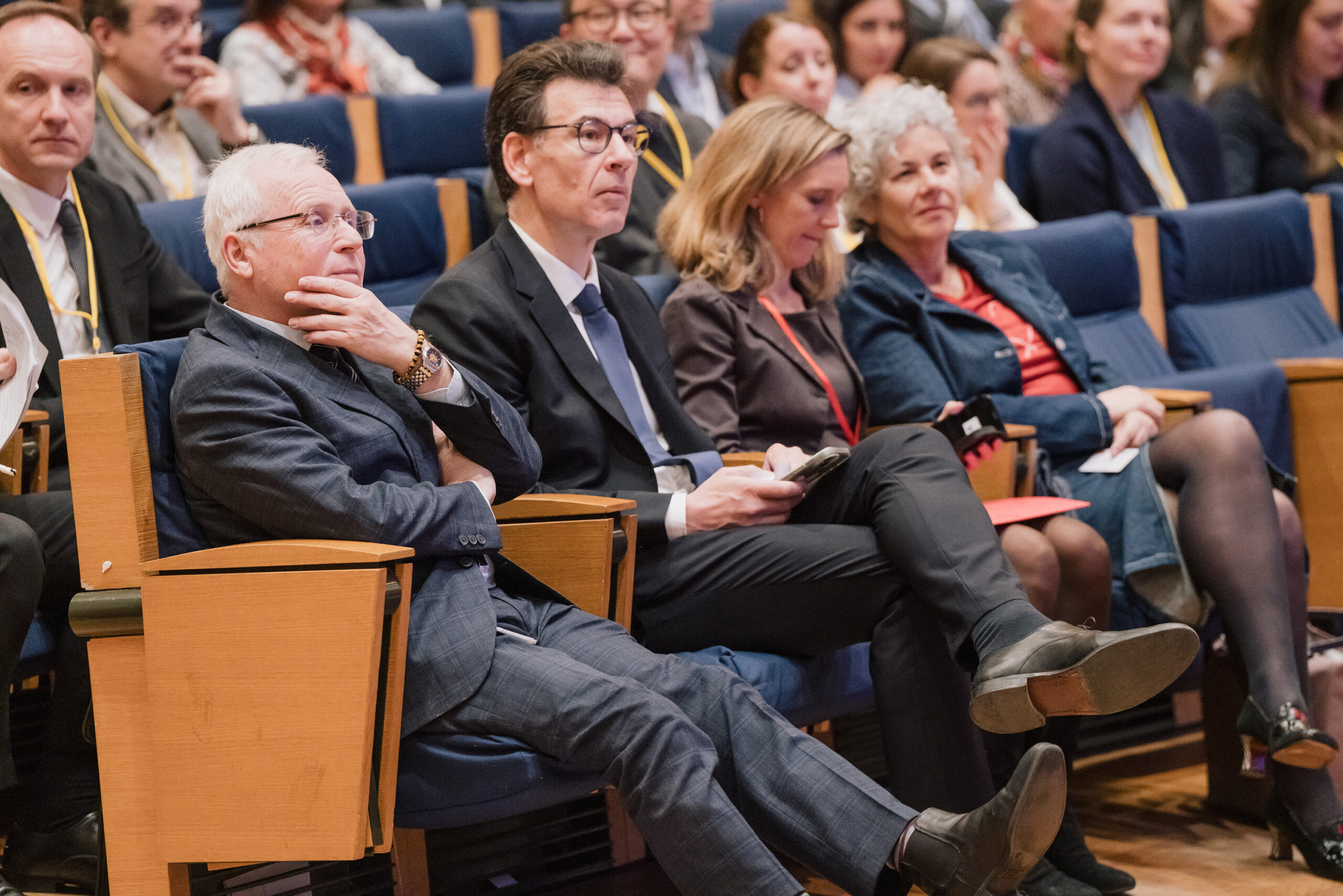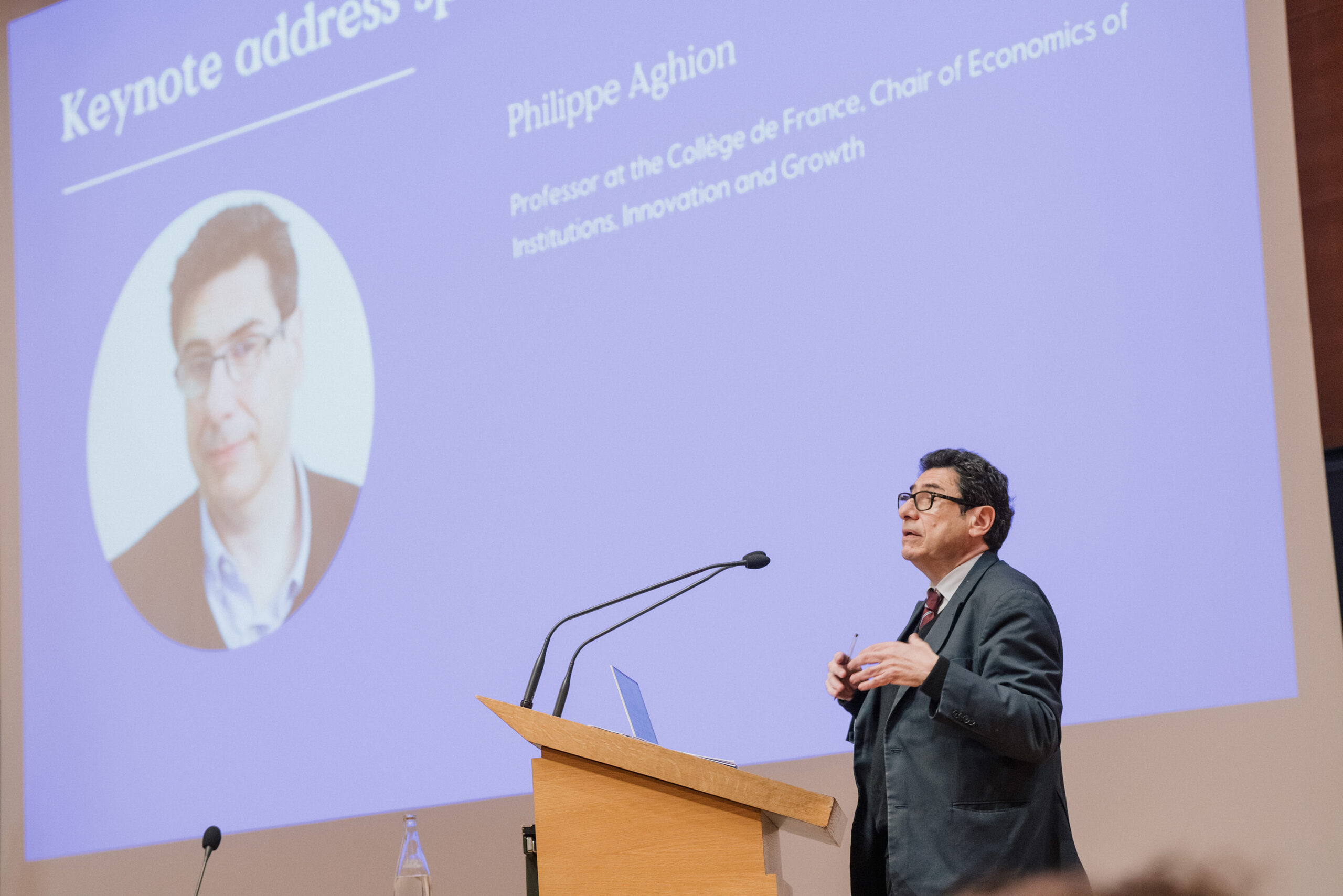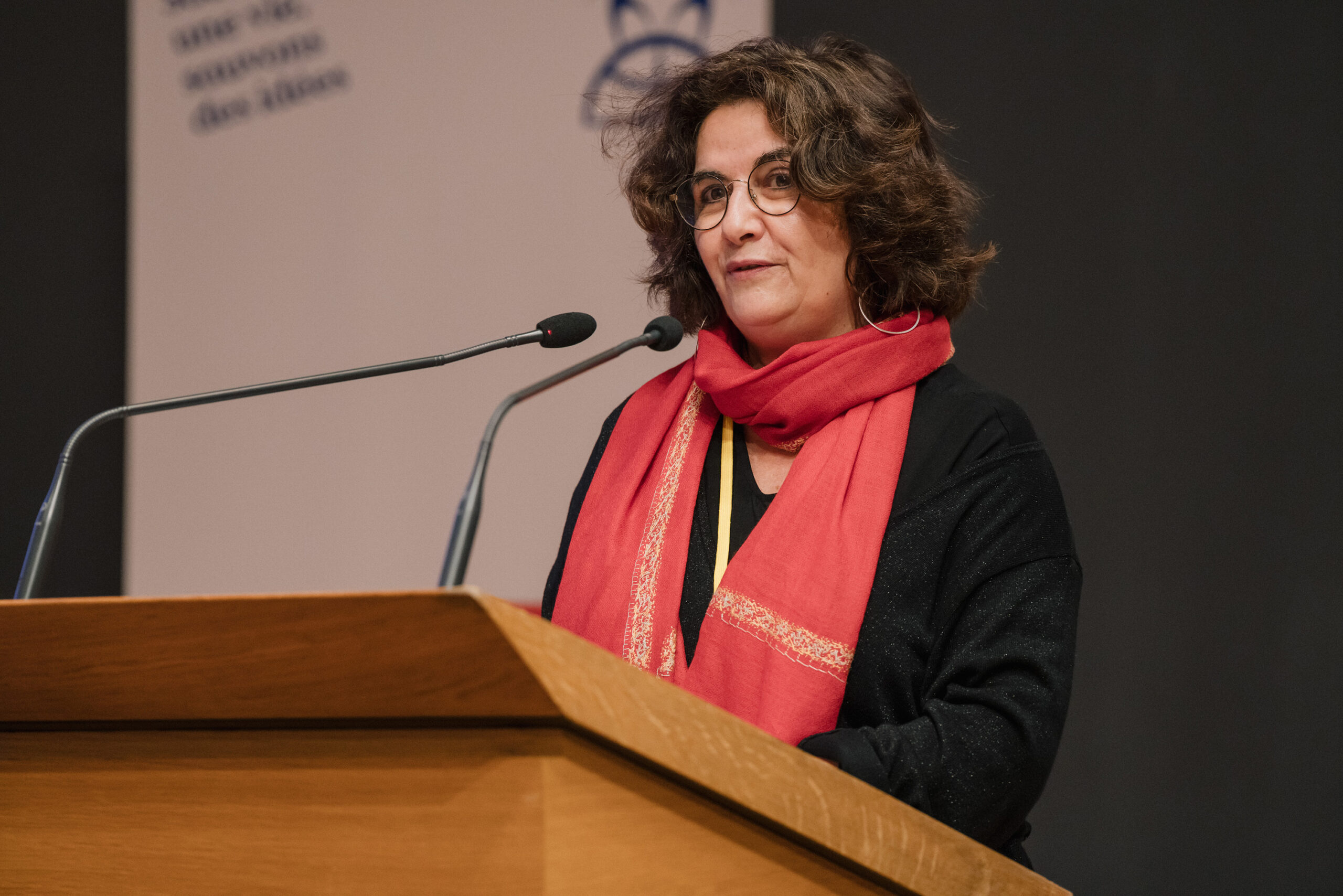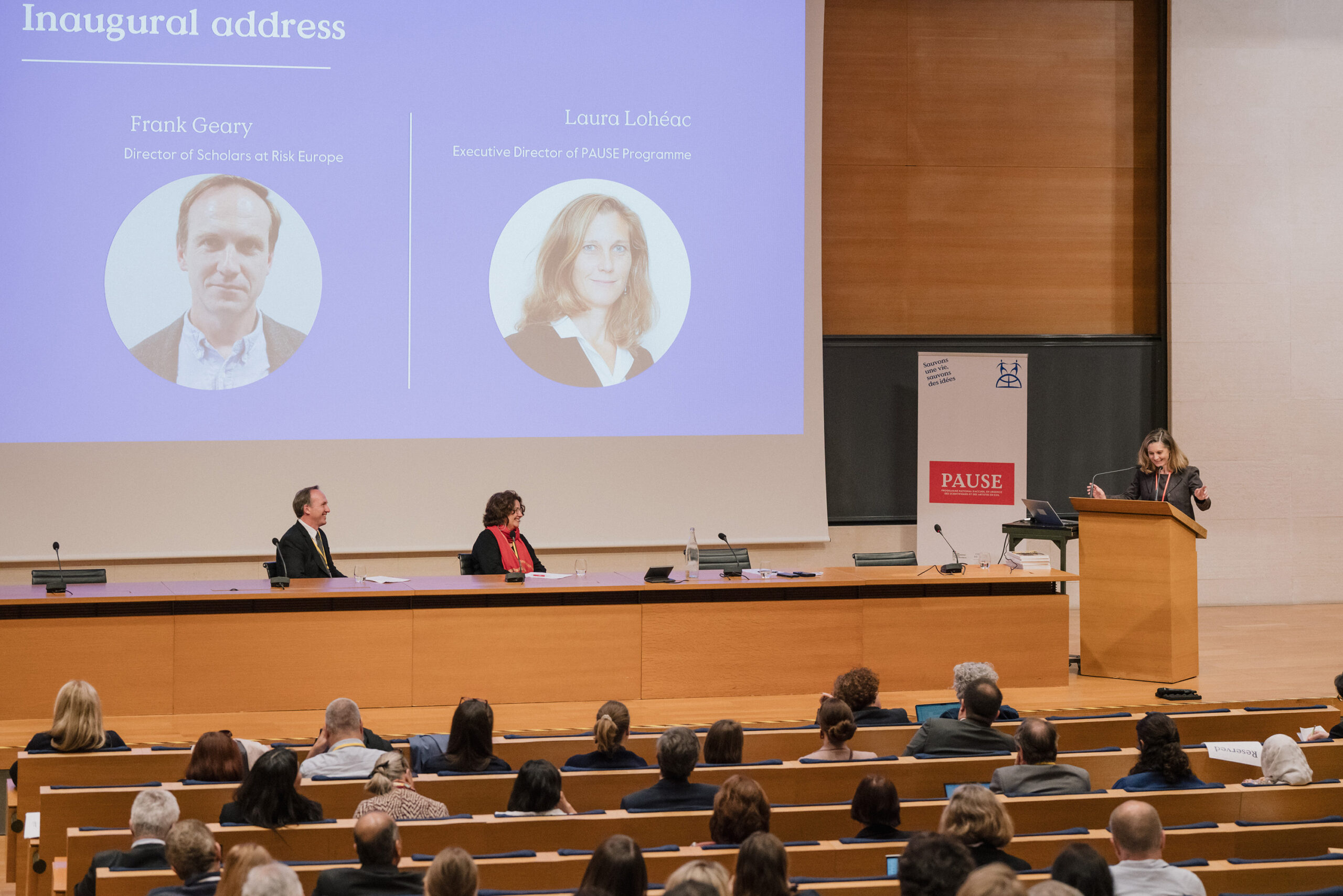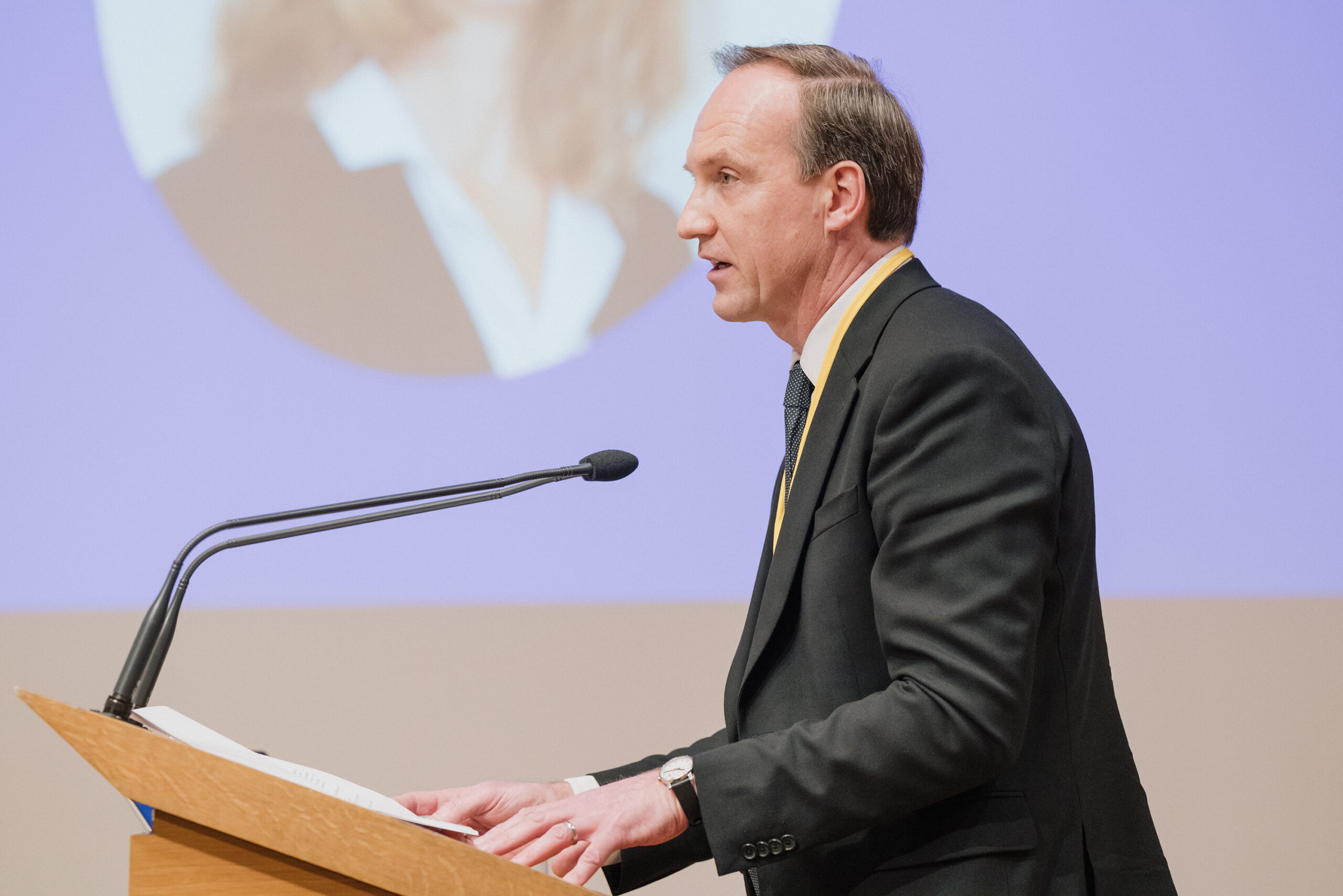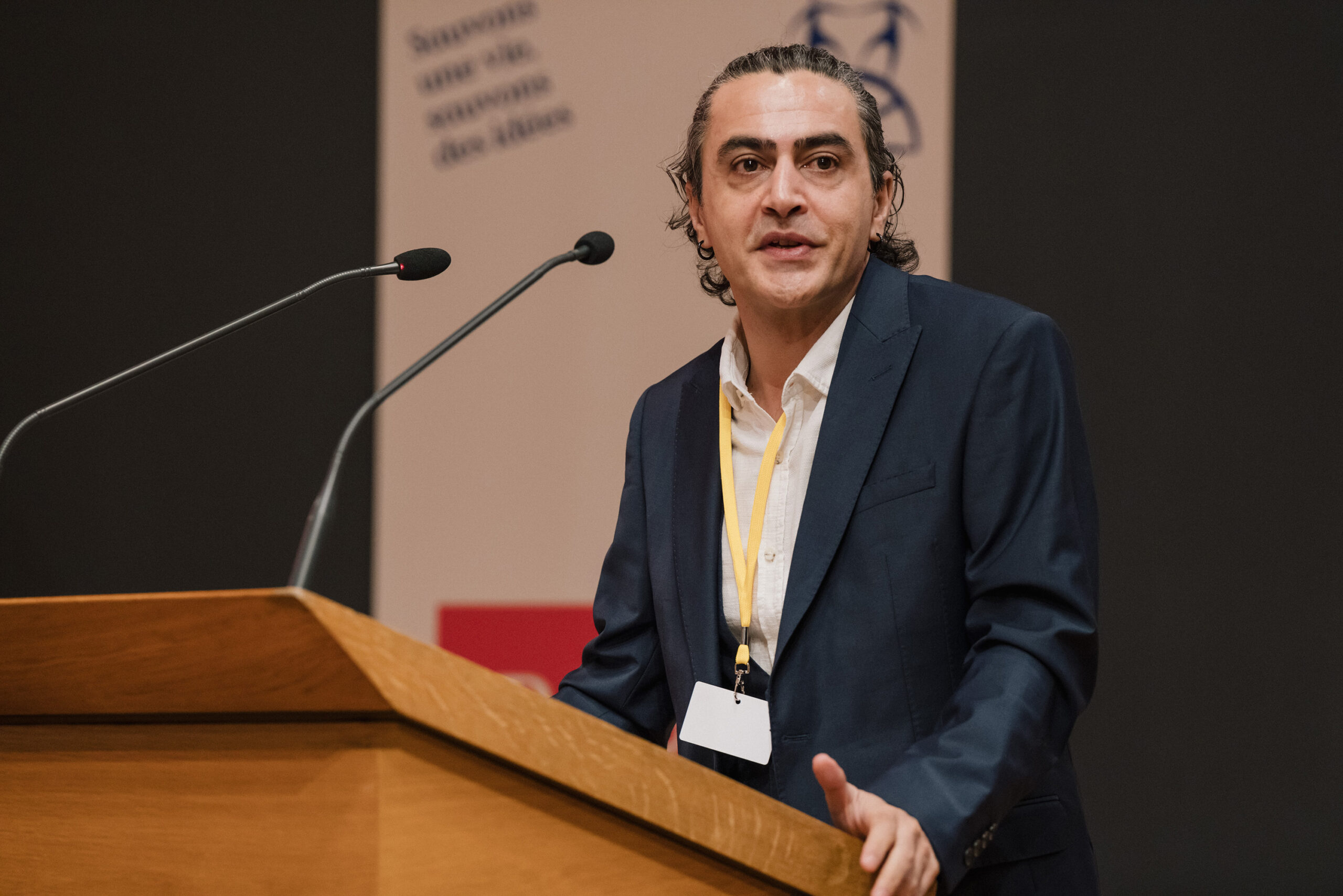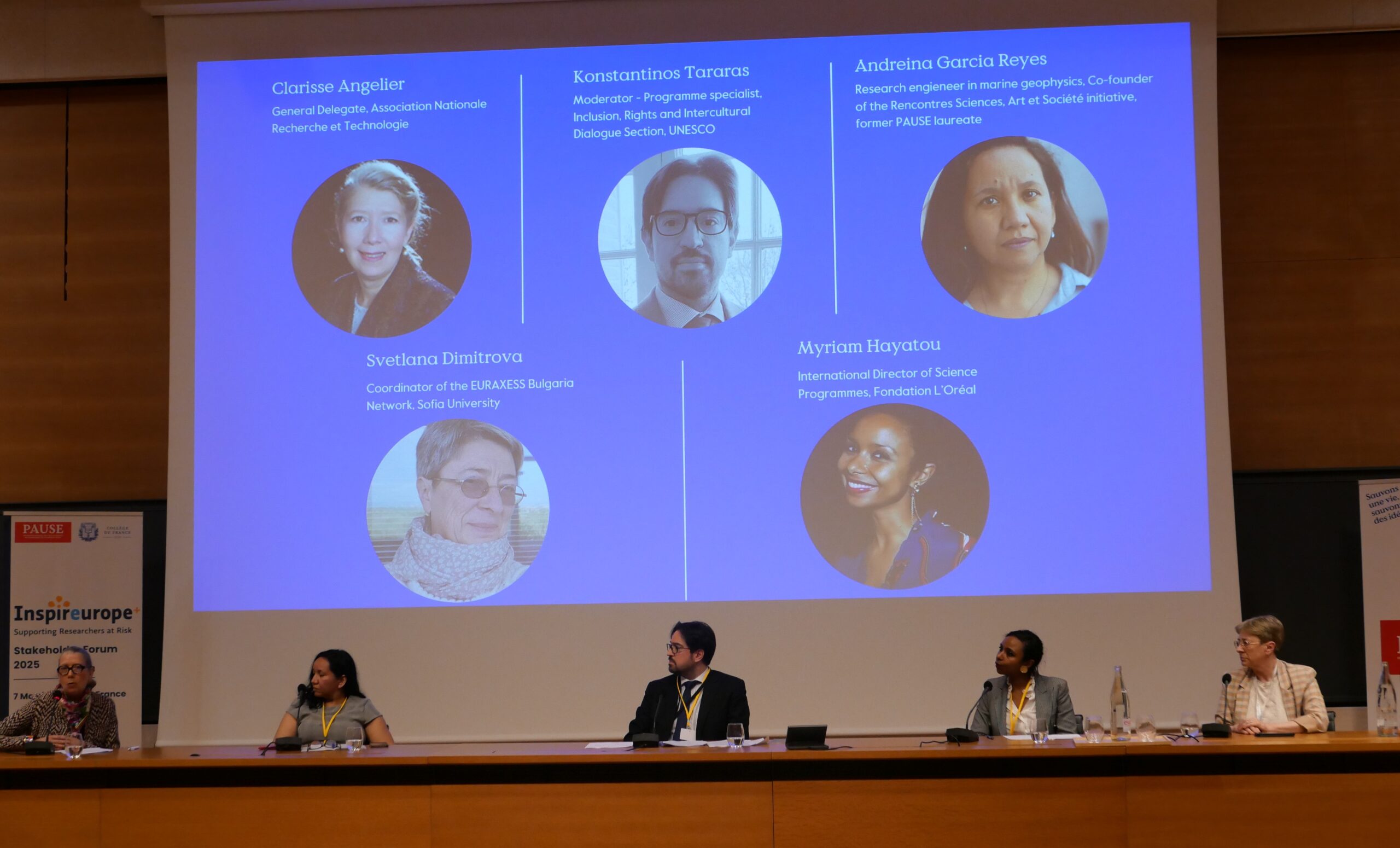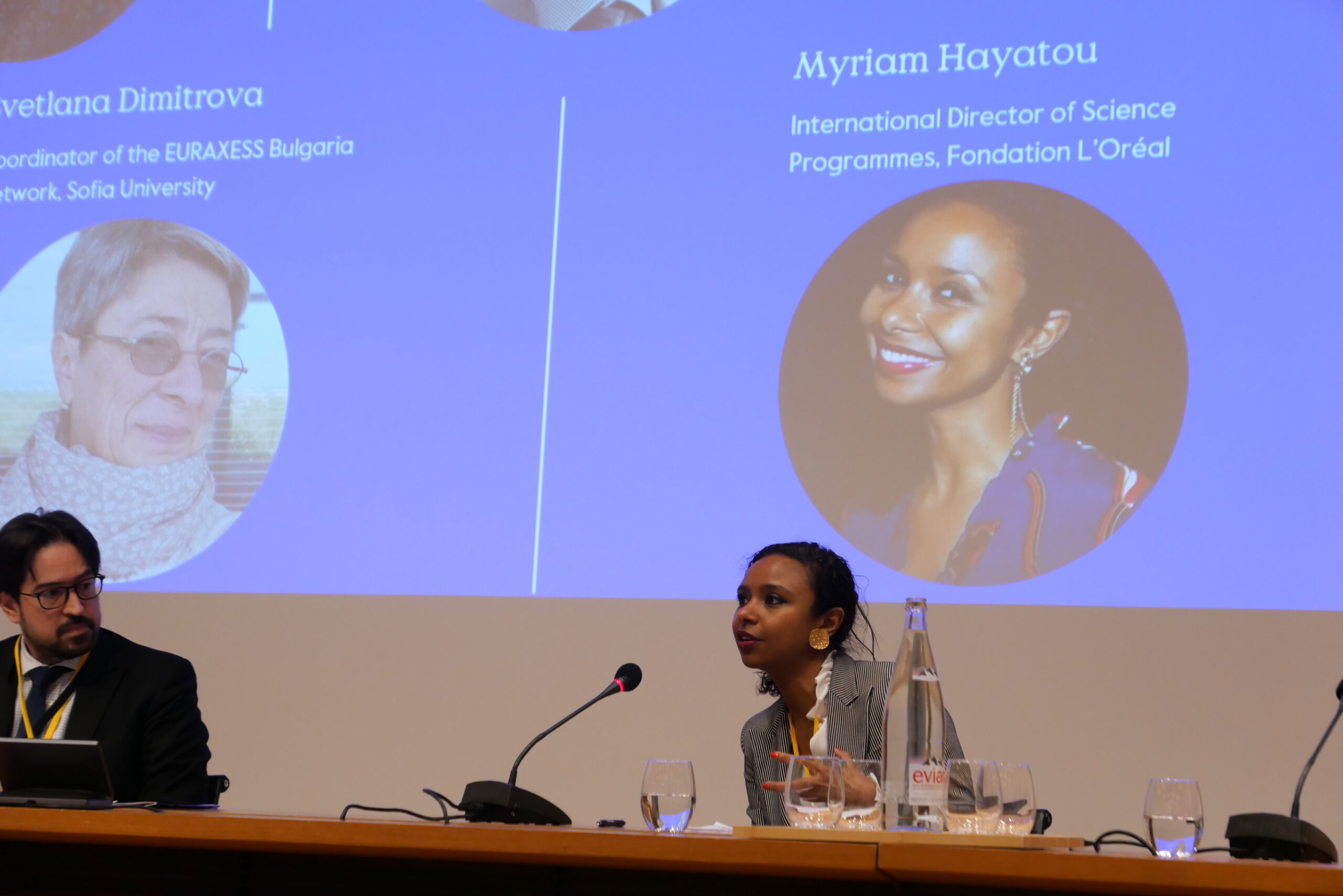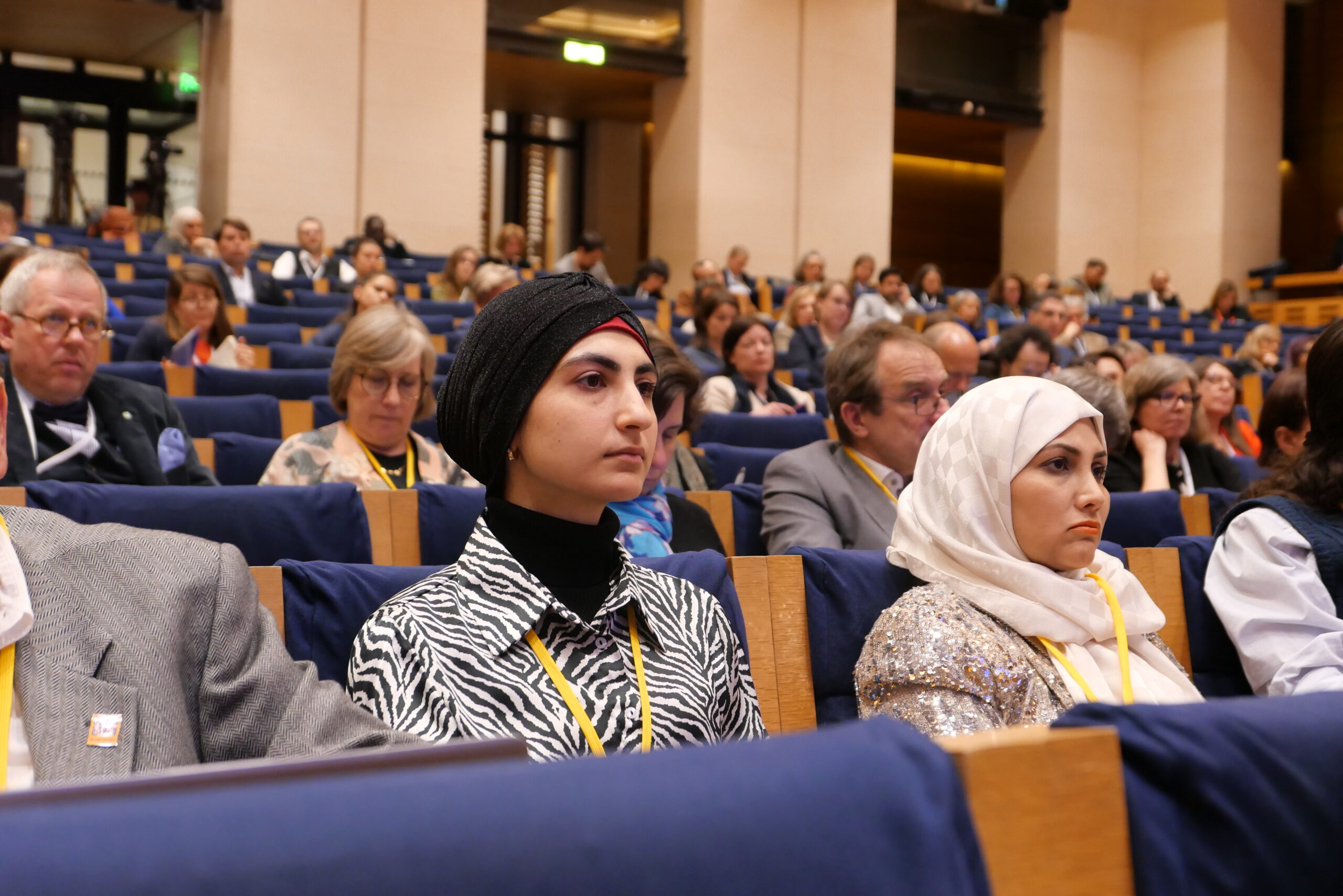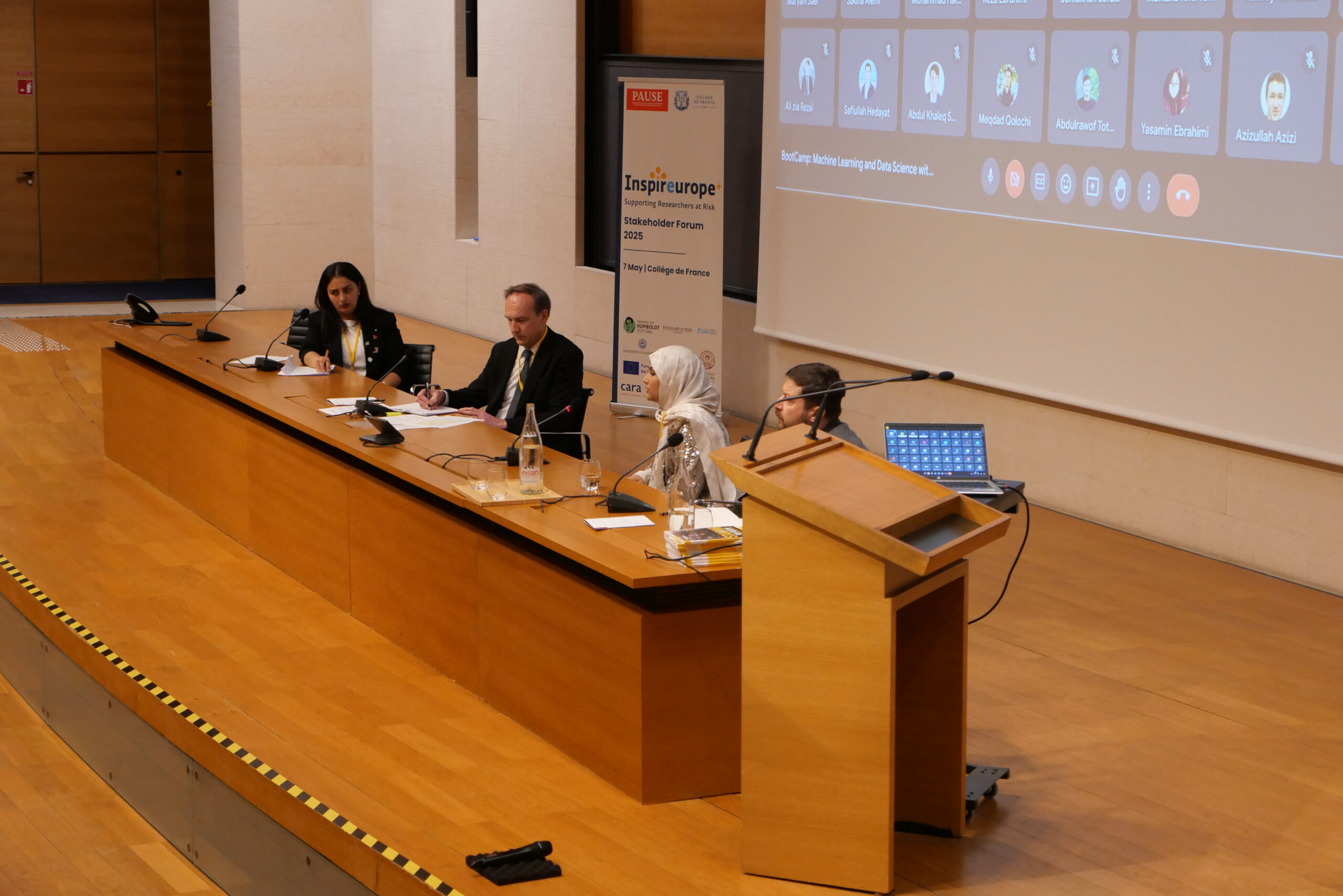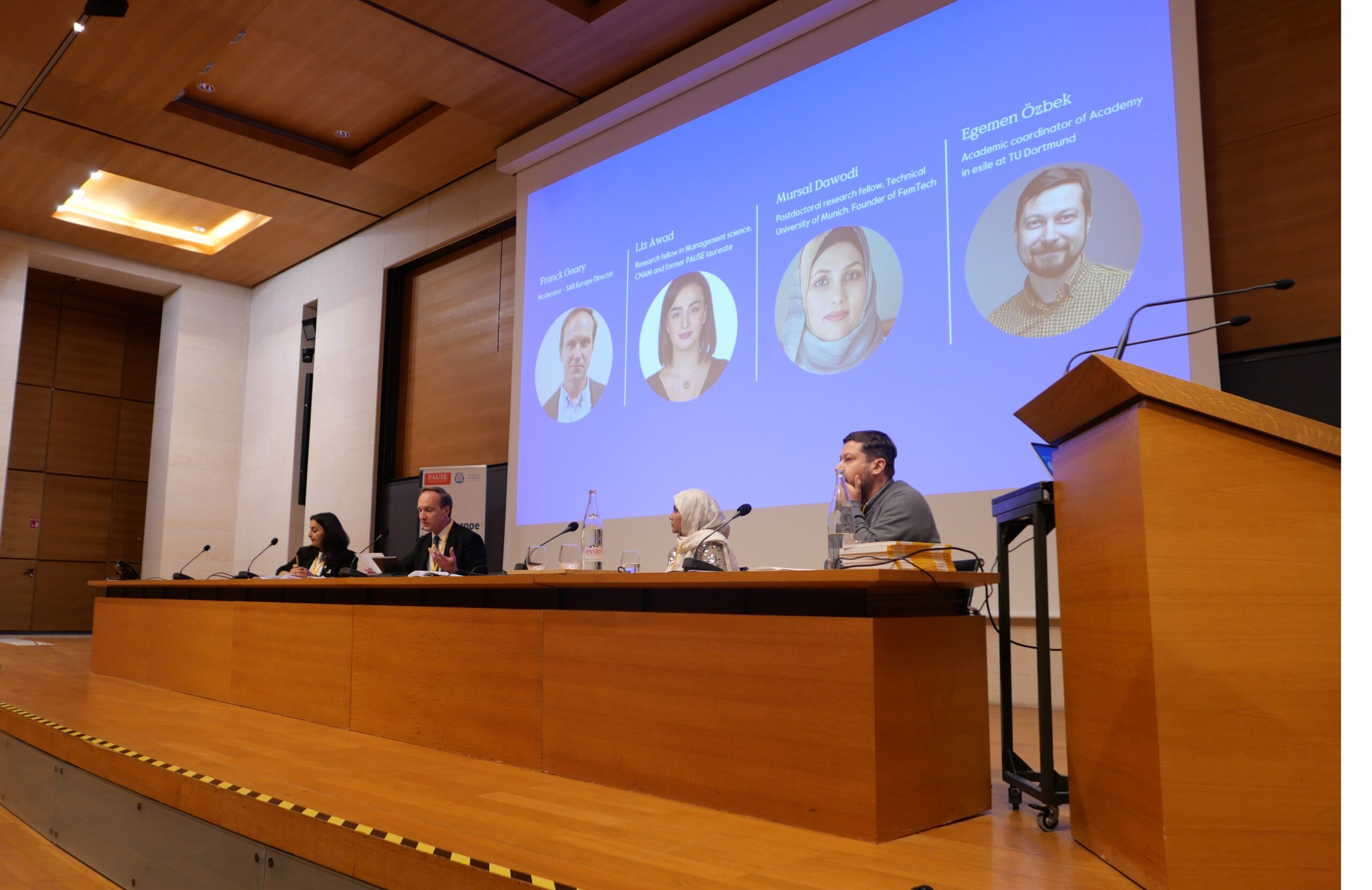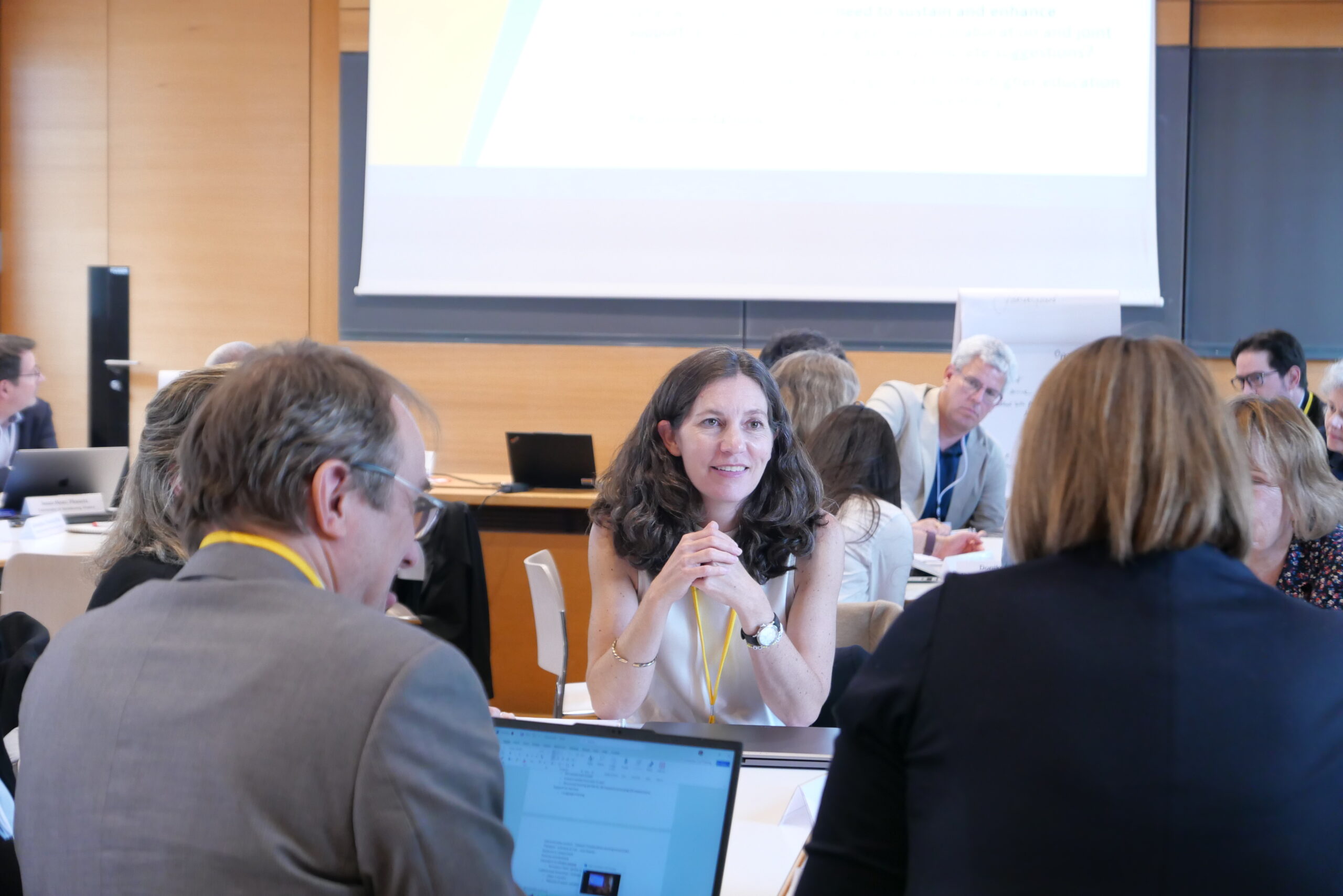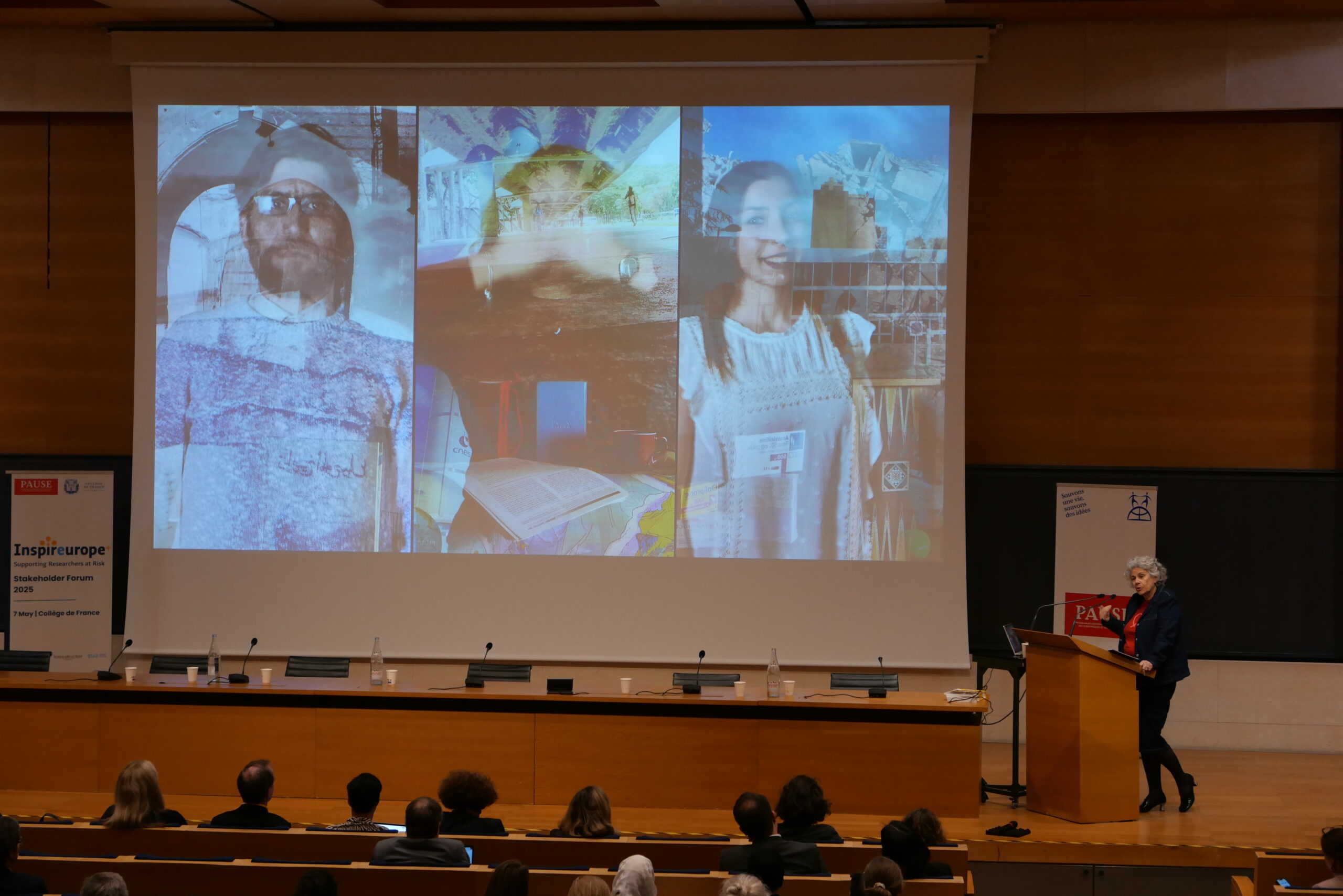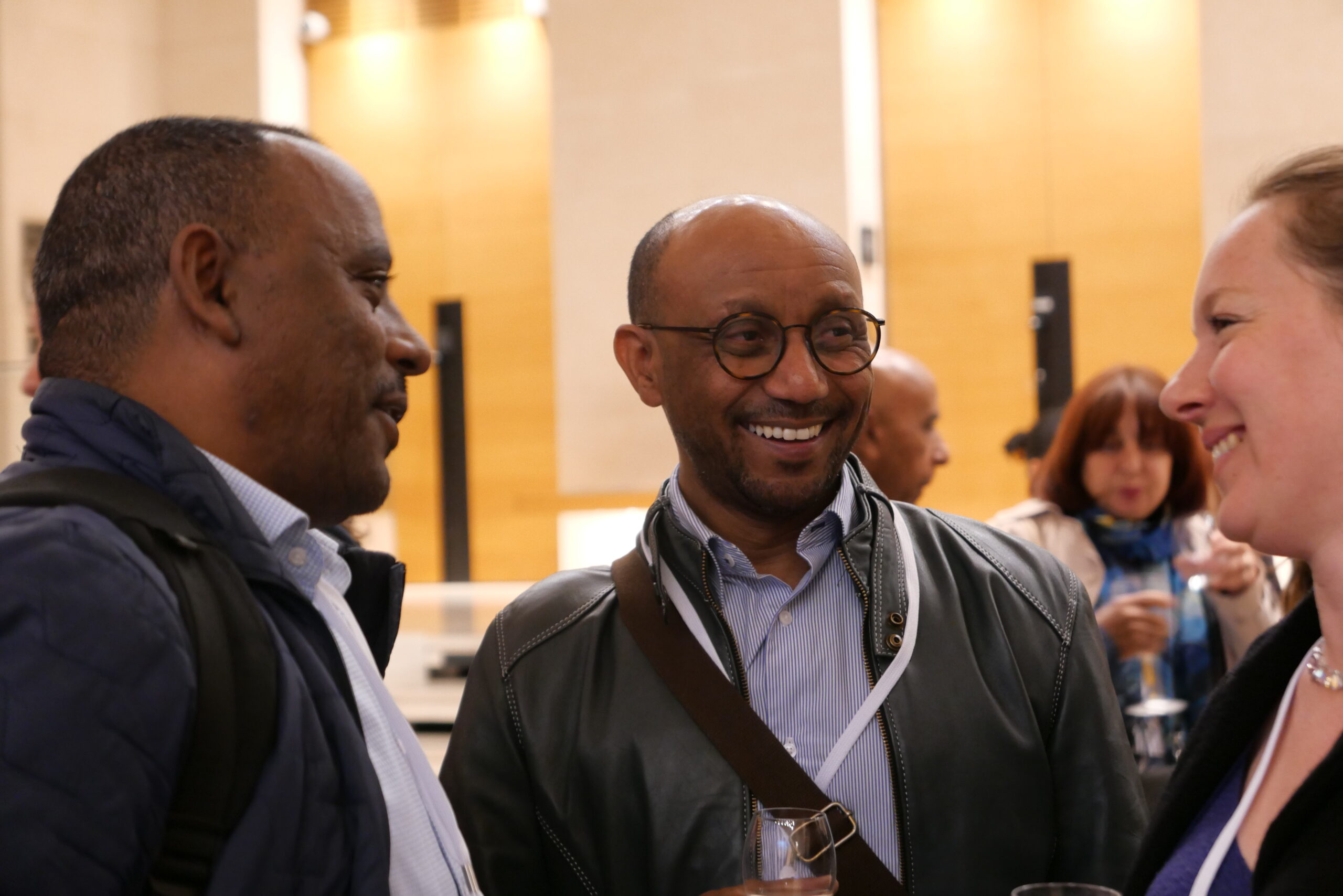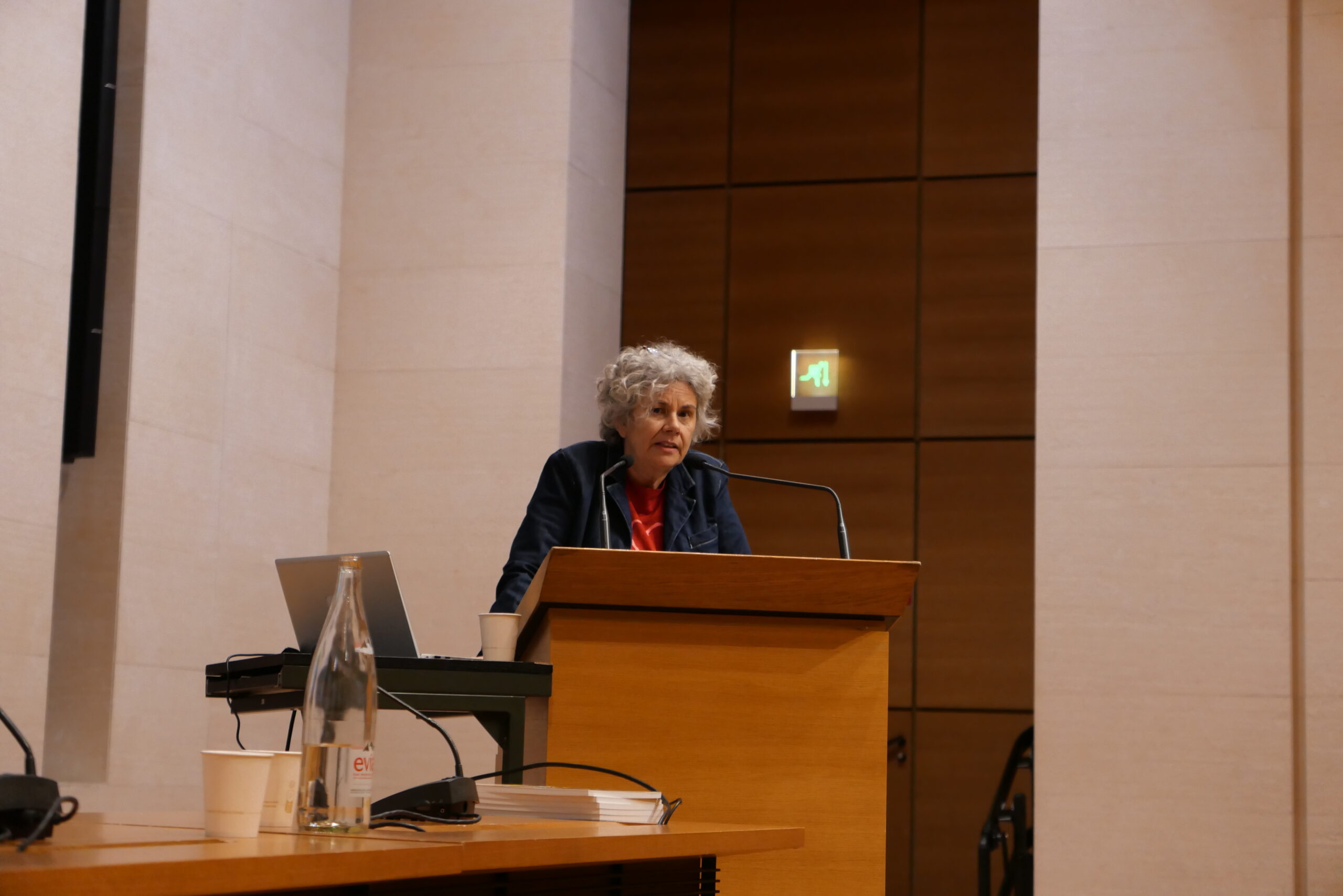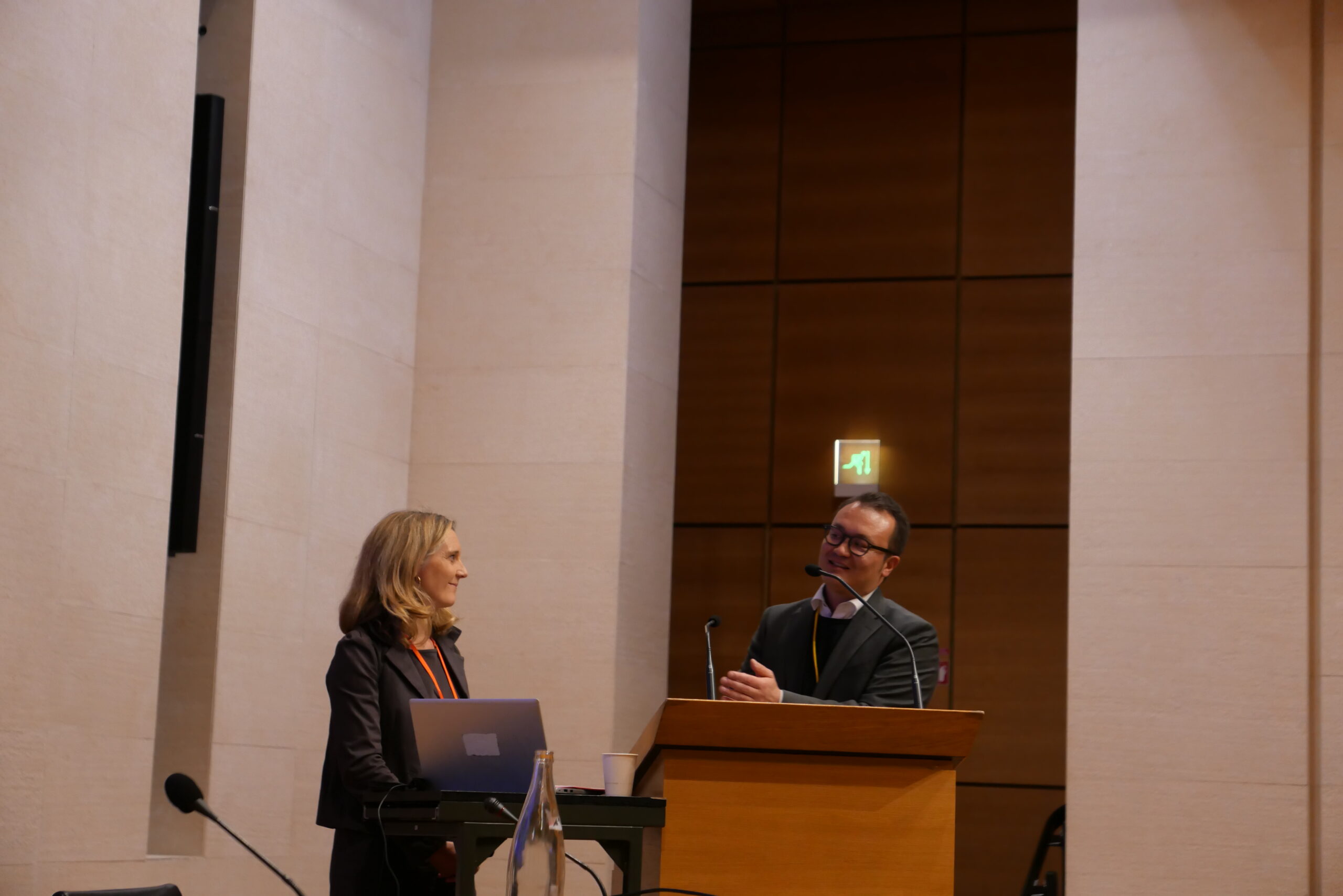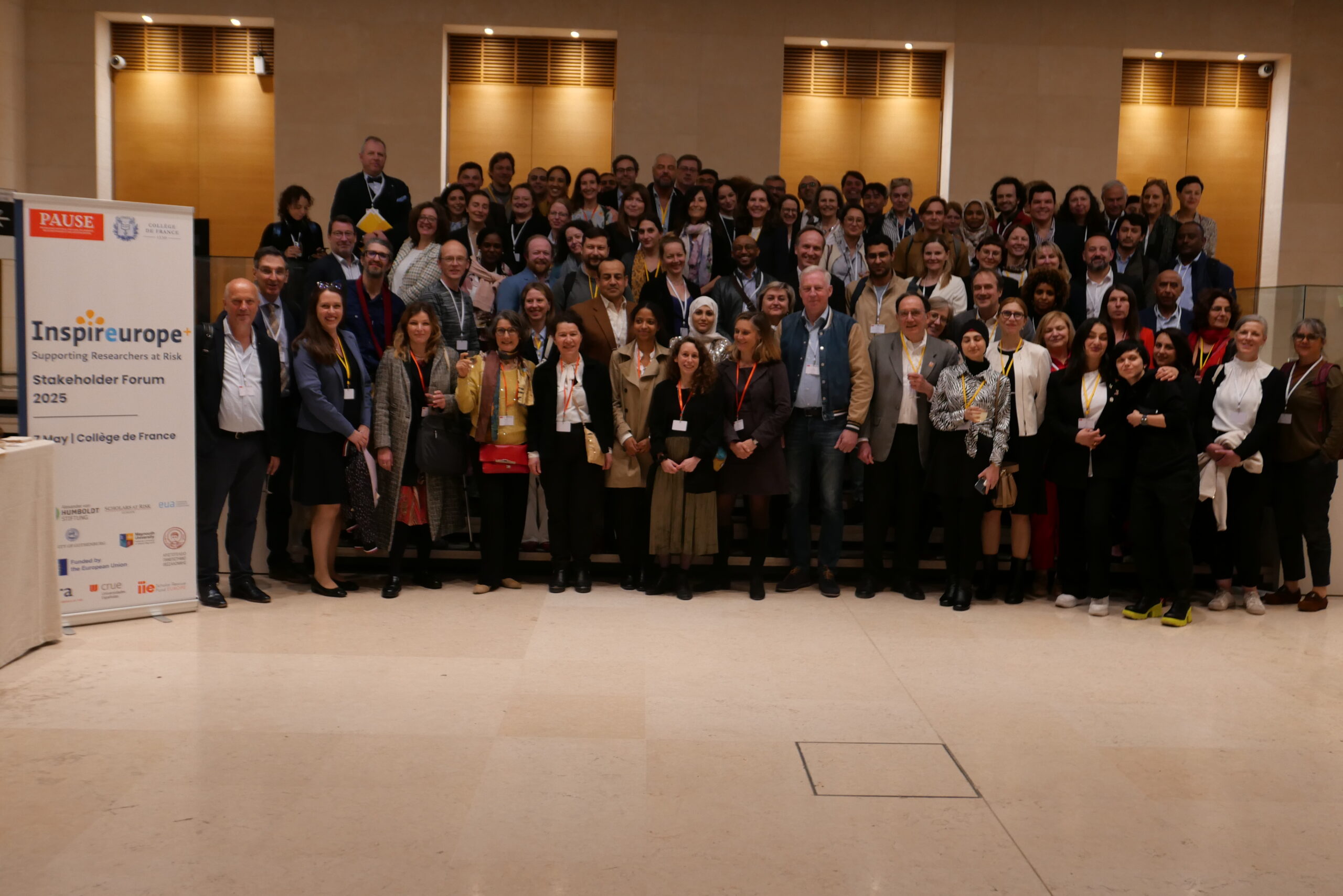Inspireurope+ Forum: Towards a coordinated European response for researchers in exile
Since 2019, Inspireurope+ has united key European stakeholders dedicated to protecting at-risk researchers, aiming to enhance the impact of individual initiatives and advocate collectively to European countries and institutions. The recent forum perfectly embodied this consortium's spirit.
© Patrick Imbert
On May 7, 2025, the Collège de France hosted the Inspireurope+ Forum, organized under the PAUSE programme. This gathering brought together a diverse group of key actors: researchers themselves, representatives of host institutions, international organizations, associations, and public administrations. All share a common commitment: the protection and integration of scientists forced into exile.
In a context of prolonged conflicts, increasing political repression, and rising anti-intellectualism across many parts of the world, academic freedom is under threat. The Forum established a shared understanding: current initiatives, while crucial, don't fully meet the scale of the needs. Protecting our scientific and intellectual heritage, and those who embody it, demands a collective, structured, coordinated, and sustainable response at a European level.
© Patrick Imbert
An opening that underscores the urgency of action
The day began with opening remarks from Thomas Römer, Administrator of the Collège de France, and Philippe Baptiste, Minister of Higher Education and Research. Both underscored the urgent need to strengthen long-term reception and integration mechanisms for exiled researchers and artists.
Continuing this reflection, Philippe Aghion, Professor at the Collège de France, highlighted the richness that exiled trajectories bring to research and innovation in Europe. According to him, welcoming these talents isn't merely a humanitarian duty; it's also a true driver of scientific, economic, and social development.
This advocacy for academic freedom echoed a speech delivered by French President Emmanuel Macron two days earlier, on May 5, during the launch of the "Choose Europe for Science" initiative. On that occasion, European Commission President Ursula von der Leyen firmly stated: "Europe will not compromise on its principles. It must remain the home of academic and scientific freedom."
Building sustainable bridges to employment
Discussions at the forum emphasized a central issue: professional integration. For many exiled researchers, returning to their home country is not an option. While universities remain a possible path, they alone cannot absorb the available skills. In this context, opening up the private sector appears to be a strategic lever.
The morning's first panel explored these professional opportunities outside academia. Speakers from the private sector, applied research, and corporate foundations, such as Andreina Garcia Reyes (geophysics engineer) and Myriam Hayatou (L'Oréal Foundation), illustrated how exiled researchers can contribute to innovation through the diverse fields in which their work unfolds; research happens everywhere. This is why initiatives like the European EURAXESS internship programme for refugee and displaced researchers, presented by Svetlana Dimitrova, are key to facilitate the integration of at-risk researchers into non-academic sectors. By mobilizing a network of partner companies and NGOs across Europe, this EURAXESS programme enables researchers to benefit from internships, training, and mentorship to ease their transition into the European job market.
The roundtable delivered a key message: welcoming exiled researchers is a shared responsibility. Discussions highlighted the importance of strengthening ties between universities, businesses, and support structures, as well as adapting mechanisms to diverse career paths. This involves, on one hand, calling on businesses to mobilize and invest in the protection of scientific freedoms, and on the other, encouraging researchers to consider the careers available to them outside academia.
Research serving civil society
The second panel highlighted the impact of research within civil society. Presentations by Liz Awad, Mursal Dawodi, and Egemen Özbek demonstrated how work conducted in exile contributes to documenting, understanding, and transforming social, economic, and political realities, even beyond European borders.
The speakers emphasized the need to recognize forms of scientific engagement emerging from crisis contexts and to ensure the continuity of this work in host countries.
© Naïma Davasse
Workshops to pool tools and strengthen synergies
The afternoon was dedicated to a series of practical workshops. These sessions explored career support both within and outside universities, worked to consolidate synergies among European initiatives for better coordination, and fostered a high-level dialogue with partner universities around the Inspireurope consortium's recommendations for protecting at-risk researchers. Discussions also covered institutional strategies for welcoming and supporting at-risk researchers, emphasizing the importance of individualized support and considering intercultural challenges to secure their long-term pathways.
Towards a European policy meeting the stakes
The Forum concluded with remarks from Laura Lohéac, Director of the PAUSE programme, and Frank Albrecht, Head of the Academic Freedom Division and the Philipp Schwartz Initiative (Alexander von Humboldt Foundation). Both called for the sustainable embedding of at-risk researcher protection within European policies.
This advocacy aligns with the call issued a few days after the Forum by the represented European consortia—Inspireurope+, SAFE, and MSCA4Ukraine—and other initiatives committed to protecting at-risk scientists. Together, they urge the European Commission and EU Member States to:
- Prioritize academic freedom in the upcoming European Multiannual Financial Framework, in accordance with the 2022 Marseille Declaration.
- Establish a permanent European fellowship programme for at-risk researchers, building on the experiences of MSCA4Ukraine and the SAFE program.
- Integrate this ambition into the "Choose Europe for Science" initiative, as encapsulated by President Emmanuel Macron's words: "Let us cherish open and free science, at the heart of our societies."
© Naïma Davasse
The Inspireurope+ Forum thus helped lay the groundwork for a strengthened European framework, capable of ensuring not only the protection but also the professional future of those who, despite exile, continue their commitment to science and freedom.
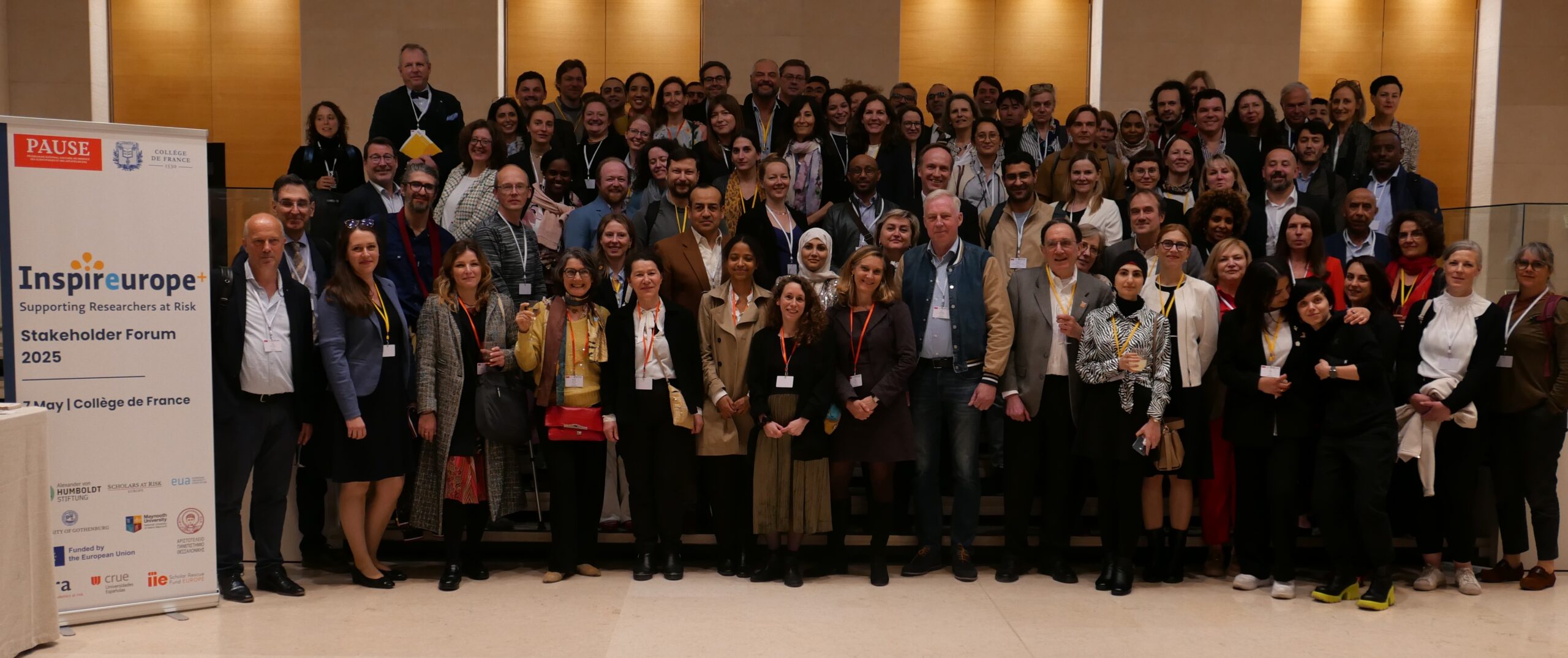
Programme PAUSE
Collège de France
11 place Marcelin Berthelot
75005, Paris

© Programme Pause - Tous droits réservés 2023
